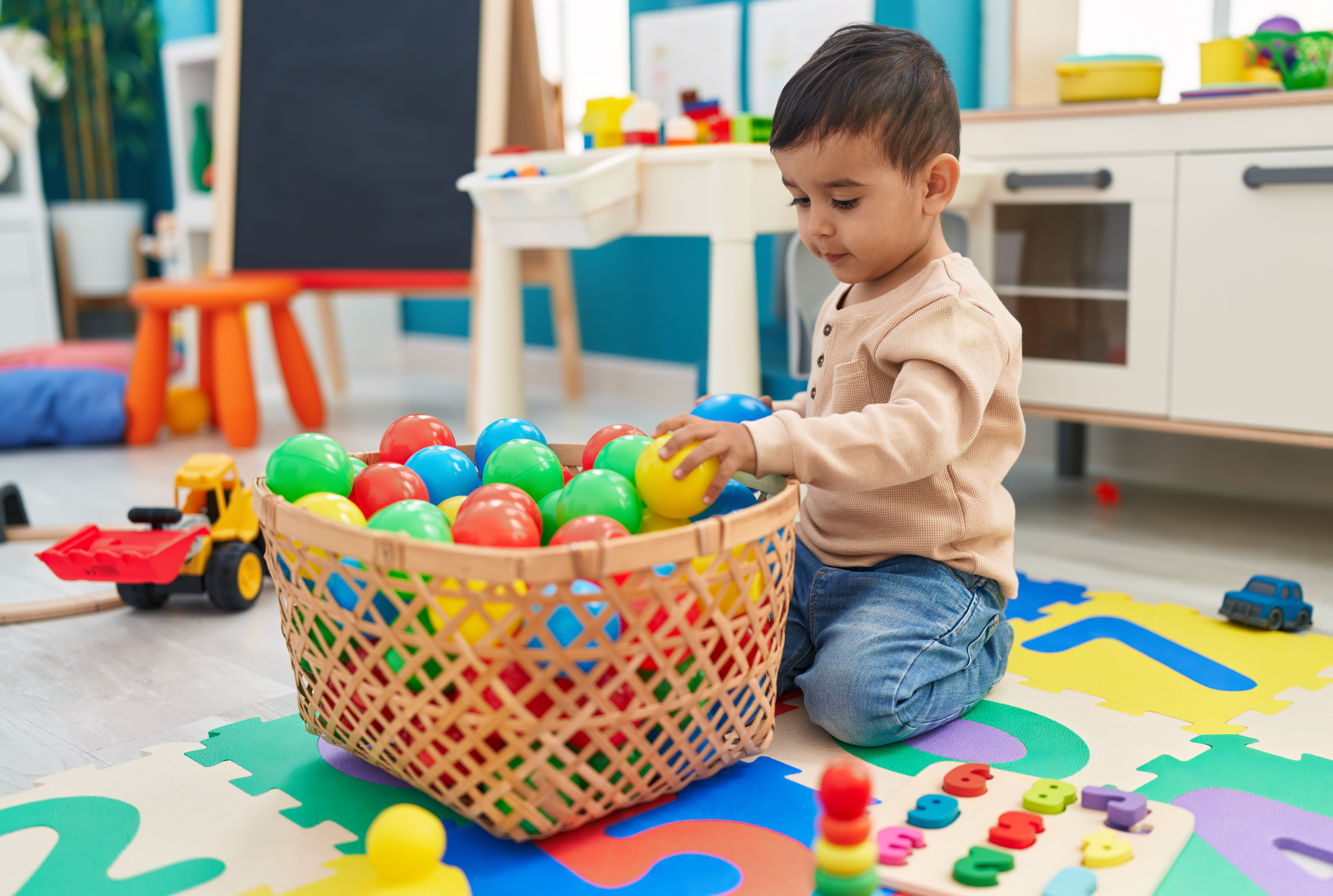Program Details

Class overview
Our Approach
We believe every individual is unique, and so are their needs. Our therapists follow a personalized, goal-oriented, and evidence-based approach:
- Comprehensive Assessment
We start with a detailed evaluation of sensory, fine motor, gross motor, cognitive, and daily living skills. This helps us identify the root cause of difficulties rather than just addressing the symptoms. - Individualized Intervention Plan
Based on the assessment, our team creates a customized therapy plan focusing on improving the individual’s ability to participate in daily routines—be it a child struggling with handwriting or an adult recovering from an injury. - Family & Caregiver Involvement
We involve parents, caregivers, and educators in the therapy process to ensure skills learned in the clinic are carried over into home, school, and work environments. - Play & Activity-Based Learning for Children
For kids, therapy is delivered through fun, engaging, and meaningful activities—from sensory-rich play setups to creative motor skill challenges—making the process enjoyable and effective.
Functional & Goal-Oriented Activities for Adults
For adults, our sessions focus on restoring independence in daily life, from basic self-care to workplace adaptations.
Learning Areas
Focus on Sensory & Motor Development
Sensory processing and motor development are at the heart of our Occupational Therapy. Many challenges faced by children and adults arise due to difficulties in these areas.
- Sensory Integration Therapy
Helps individuals process and respond to sensory input (touch, sound, movement, sight, smell) more effectively. This is especially beneficial for children with autism, ADHD, or sensory processing disorders. - Fine Motor Skills
Activities to strengthen hand muscles, improve grasp, enhance writing skills, and develop precision needed for tasks like buttoning, using scissors, or tying shoelaces. - Gross Motor Skills
Exercises to improve balance, coordination, posture, and core strength—essential for running, climbing, sports, or even sitting upright in class. - Self-Regulation & Body Awareness
Techniques to help children calm their bodies, manage emotions, and focus better during school or social activities.
Activities
Who Can Benefit?
Our Occupational Therapy services are tailored for a wide range of individuals:
Children
- Developmental delays
- Autism Spectrum Disorder (ASD)
- ADHD or attention difficulties
- Learning disabilities
- Handwriting and school readiness issues
- Sensory processing challenges
Adults
- Post-stroke rehabilitation
- Recovery after accidents or injuries
- Managing arthritis, Parkinson’s, or neurological conditions
- Workplace ergonomics and functional independence support
Why Choose Us?
- Highly qualified occupational therapists with expertise in pediatric and adult care.
- Child-friendly, sensory-rich therapy environment for kids.
- Evidence-based methods backed by international best practices.
- Focus on real-life outcomes—independence, confidence, and better participation in daily life.
- Regular progress tracking and feedback sessions for families and caregivers.
Occupational Therapy Services
Occupational Therapy Servic
-
Age Group2.5 years onwards
-
Duration in Weeks2-3 days
-
Program Duration45 mins - 60 mins
- Enroll Now
Faqs
Questions and answers

What age group do you accept at your preschool?
We welcome children between the ages of 1.5 to 5.5 years old.
How do you ensure children are learning while having fun?
Our curriculum balances structured activities with free play, music, art, and outdoor exploration.
How do you ensure the safety of children at school?
We have secured entrances, trained staff, and strict health and hygiene protocols to keep children safe.
What is the average size of our preschool class?
The class comprises 20 students, with well educated teachers
How old do children need to be to begin preschool?
Children should be at least 2 years of age at the time of admission at our preschool.
What role does our preschool play in a child’s life?
preschool plays an important role in a child’s life. It helps them to socialize at a young age and instills confidence in a child. Early childhood is a crucial stage of life in terms of a child’s physical, intellectual, emotional, and social development.

